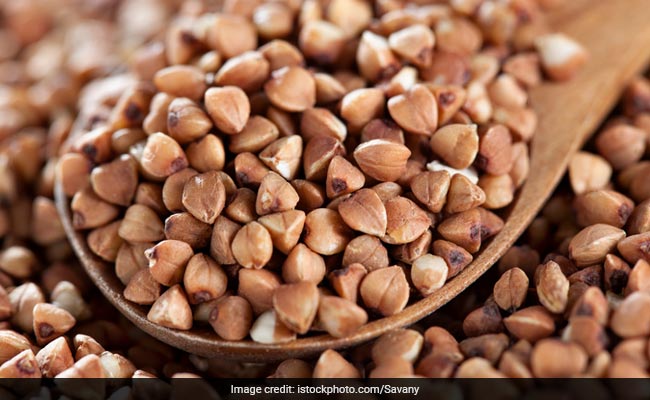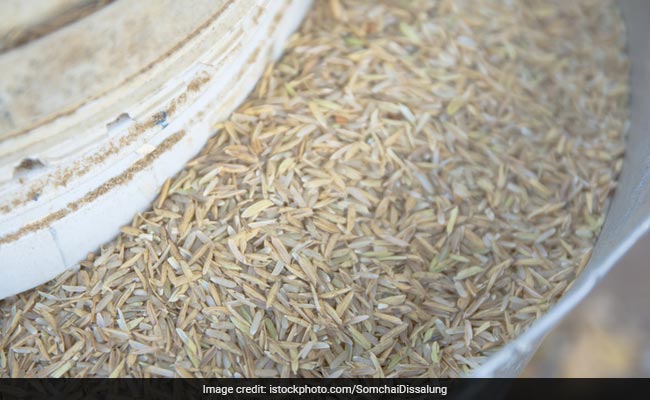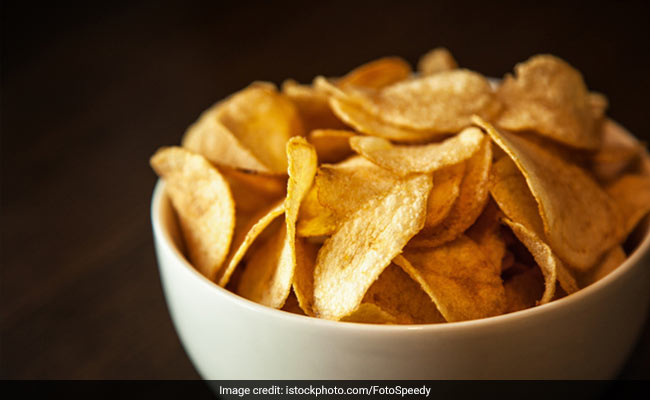
Navratri Foods That Are Healthy
1. Rajgiri Ka Atta
Rajgiri is the best substitute for wheat atta and contains high fibre content and protein in comparison to kuttu and quinoa. It can be used to make breads and chapattis.
2. Kuttu Ka Atta
Kuttu ka atta, also called buckwheat flour, contains high fibre content that helps in flushing out toxins from the body. And, of course, it helps to keep those frequent hunger pangs at bay. Not only this, it also has all the essential fatty acids that have the potential to reduce the risk of high blood pressure and cholesterol.
(Also Read: Tips To Ensure Healthy Navratri Fasting)

Kuttu ka atta contains high fibre content that helps in flushing out toxins
3. Sabudana
Rich in carbohydrates, sabudana, or sago provides with the much-needed energy that we need during fasts. Its cooling effect helps body to digest the food easily. You can combine it with other ingredients, such as peanuts and potato for making sabudana khichdi.
4. Samak Ke Chawal
If you're fond of rice but are trying to avoid the same during Navratri, then fret not as you can substitute it with samak rice. Similar to broken brown rice when cooked, samak rice can give your fill for rice cravings. Loaded with high amount of fibre and essential minerals like iron and magnesium, it is a great source of energy.

samak rice can give your fill for rice cravings
5. Makhana
Makhana, also known as fox nuts, is one of the most popular foods during fasting days. The high-fibre content in makhana helps the body flush out the waste and keeps constipation at bay. The presence of antioxidants in makhanas may help in reducing early signs of hair-greying and wrinkles.
Navratri Foods That Are Unhealthy
1. Fried Food
While observing fasts, we quite often tend to binge on fried foods like sabudana papad, kuttu puris, fried potatoes etc. We conveniently bend the rules to suit our appetite and eat a lot of fried foods, and at times, even highly salted foods. However, these fried foods can take a toll on our overall health. We need to be extra careful while choosing the dishes during Navratri fasts.

While observing fasts, we quite often tend to binge on fried foods
2. High Calorie Food
Fried potatoes, kuttu/singhada pakode, sabudana vadas sautéed in ghee or oil are a big no-no during Navratri. Full cream milk and yoghurt, makhana kheer with condensed milk, cashews and other nuts, and similar foods are known to increase the load on your body's metabolism. On consumption of these foods, you will constantly have a bloated tummy and be sluggish the whole day.
3. Carbonated Drinks And Packed Juices
While observing Navratri fasts, drinking a glass of aerated drink on occasional basis is not a problem; however, continuous consumption of soft drinks and packed juices certainly is. The extra intake of preservatives via carbonated drinks can cause serious weight issues and may even lead to a host of health problems.
So bring the above list to your rescue and detox your body in the most efficient manner.
Happy Navratri 2018!
Track Latest News Live on NDTV.com and get news updates from India and around the world

